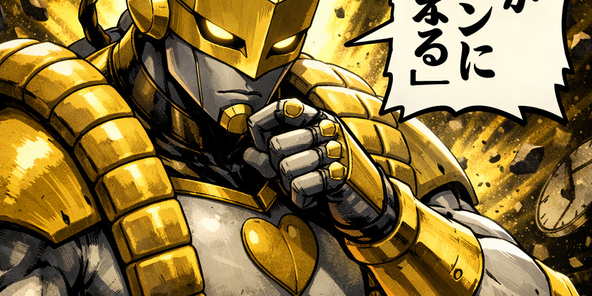

「旧帝・国立大学医学部」受験対策講座(13)
What gets us into trouble is not what we don't know. It's what we know for sure that just ain't so. (Mark Twain)
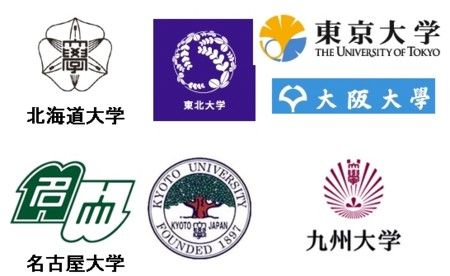
賢い生徒がよく言う。
「先生、二次試験は好きだけど共通テストはあかん!」
英語の場合、「発音・アクセント」問題はリスニングに取って代わられたが、まだ「穴埋め」「並び替え」「書き換え」など“客観テスト”が多い。数学も、二次試験は難関大は全て論証なので好まれる。しかし、共通テストは誰かの解答の穴埋めだから数学と言えない。
客観テスト、言い換えればマークシート方式のテストはパズルのようだ。
「穴埋め問題が解けるならば、英語力がある」は間違い。「英語力があるならば、穴埋め問題が解ける」は正しい。この命題は必要十分条件ではないのだ。
数学も、「マークシートの穴埋めができるならば、数学力がある」は間違い。「数学力があれば、穴埋め問題ができる」は正しい。
だから、チャート式の解答部分を写経のように写すことが数学の勉強と思っている人はマークシート的な問題は解けるようになるかもしれないけれど、数学力はつかない。つまり、二次試験の得点力がつかない。
Smart students often say.
"Teacher, I like the second test, but not the common test!
In the case of English, "pronunciation and accent" questions have been replaced by listening, but there are still many "objective tests" such as "fill-in-the-blanks," "rearrangement," and "rewriting. In mathematics, too, the second test is preferred by difficult universities because it is all argumentation. However, the common test cannot be called mathematics because it is a fill-in-the-blanks test.
The objective test, in other words, the mark-sensing test, is like a puzzle.
It is not true that "if you can solve fill-in-the-blanks questions, you have English ability. If you are proficient in English, you can solve Fill-in-the-blanks" is correct. This proposition is not a necessary and sufficient condition.
In mathematics, too, "If you can fill in the blanks on a mark-sheet, you have mathematical ability" is wrong. It is correct to say, "If you have mathematical ability, you can do fill-in-the-blanks questions.
Therefore, those who think that copying the answers to chart-type questions like copying sutras is the way to study mathematics may be able to solve mark-sheet type questions, but they will not be able to acquire mathematical ability. In other words, they will not be able to score well on the second examination.
投稿者の人気記事

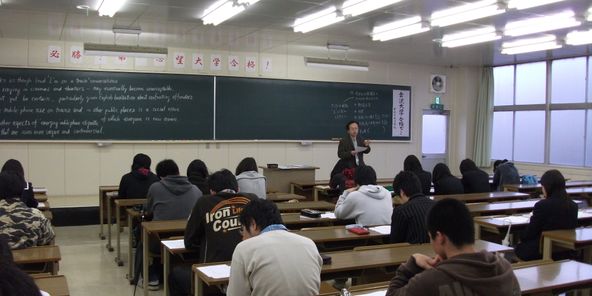


機械学習を体験してみよう!(難易度低)

NFT解体新書・デジタルデータをNFTで販売するときのすべて【実証実験・共有レポート】

【科学】アリストテレスにデカルトにニュートンに…みな光に取り憑かれた~光学の発展~
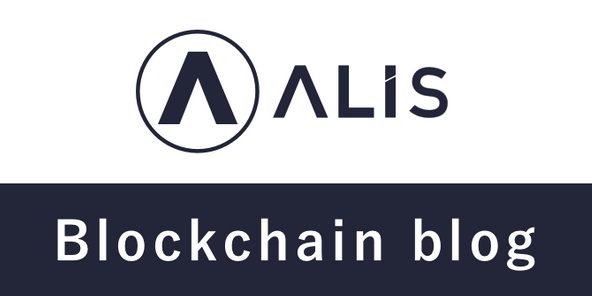
ALISのシステム概観

京都のきーひん、神戸のこーへん
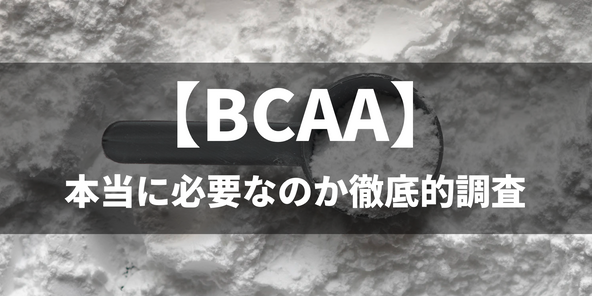
BCAAは本当に必要なのか?徹底的調査

海外企業と契約するフリーランス広報になった経緯をセルフインタビューで明かす!

続・NFT解体新書・デジタルデータをNFTで販売するときのすべて【実証実験・共有レポート】

無料案内所という職業

ジョークコインとして出発したDogecoin(ドージコイン)の誕生から現在まで。注目される非証券性🐶

オランダ人が語る大麻大国のオランダ
